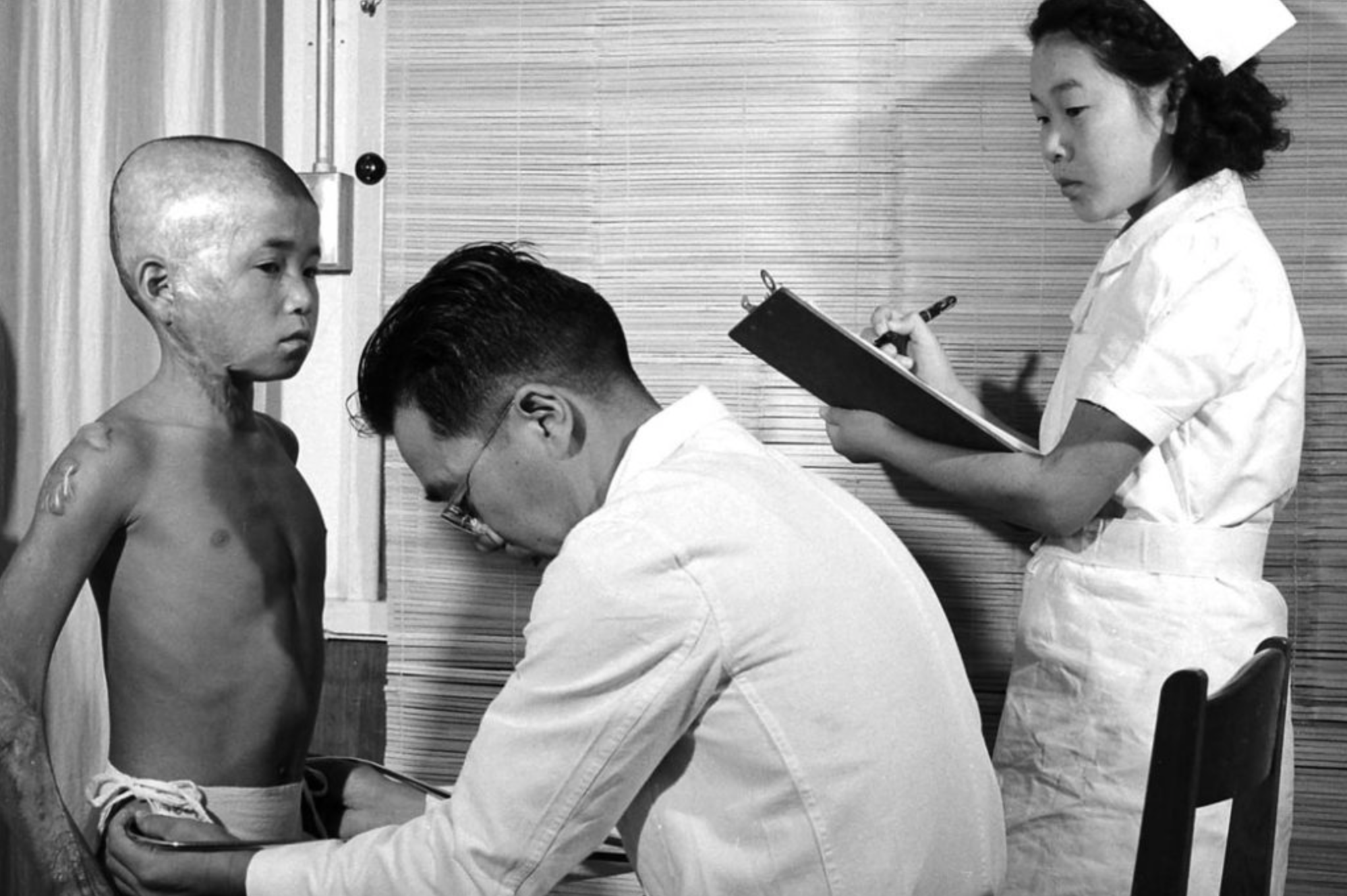Shigenobu of Fusa, one of the founders of the Japanese Red Army, will be released on Saturday
- After many years of fighting in the Middle East, he was arrested 2000.urtean when he returned to Japan.

Shigenobu de Fusa was arrested by Japanese police on 8 November 2000 at a hotel near Kyoto. Since then, Shigenobu has spent more than 21 years in cell, but tomorrow, 28 May, he will be released. During the second half of the twentieth century he fought for many years for the "world revolution" in Japan and the Middle East.
Shigenobu began to militate in left-wing movements when he was young, after a hard childhood, as his family had little money, so he mocked and mocked as a child. In the late 1960s he entered the Red Army Fraction and was arrested in 1970. After preparing the questionnaire, he was released and decided to go underground.
In 1971 he moved to Lebanon and remained in the Middle East until the twenty-first century. In it, the Red Army of Japan related to the Popular Front for the Liberation of Palestine, highlighting the international orientation of the revolutionary project of the Japanese Red Army.
Once in prison, in 2001, he announced the dissolution of the Japanese Red Army. In 1974, Shigenobu was sentenced to life imprisonment for kidnapping at the French embassy in The Hague, The Netherlands, but was not admitted. In 2010, the Supreme Court did not accept Shigenobu’s appeal and confirmed the 20-year prison sentence. The punishment will end tomorrow.
Japonia, XV. mendea. Espioitzan eta hilketa ezkutuetan espezializatutako eliteko talde militarra sortu zen. Edo horixe uste du behintzat Stephen Turnbull historialari britainiarrak. Beste aditu batzuen ustez, askoz lehenago sortu ziren ninjak, duela 2.300-2.500 urte inguru. Eta... [+]
Japan, 8th century. In the middle of the Nara Era they began to use the term furoshiki, but until the Edo Era (XVII-XIX. the 20th century) did not spread. Furoshiki is the art of collecting objects in ovens, but its etymology makes its origin clear: furo means bath and shiki... [+]
Japan, 6 and 9 August 1945, the United States launched an atomic bomb causing tens of thousands of deaths in Hiroshima and Nagasaki; although there are no precise figures, the most cautious estimates indicate that at least 210,000 people died at the end of that year. But in... [+]
A few weeks ago Sony launched the video game Rise of the Remaknin, in which experts highlighted the historical position of the game. The game is located in Japan in the middle of the 19th century, near Yokohama, Edo and Kyoto.
Or it was the last years of the era, the bloody... [+]






















